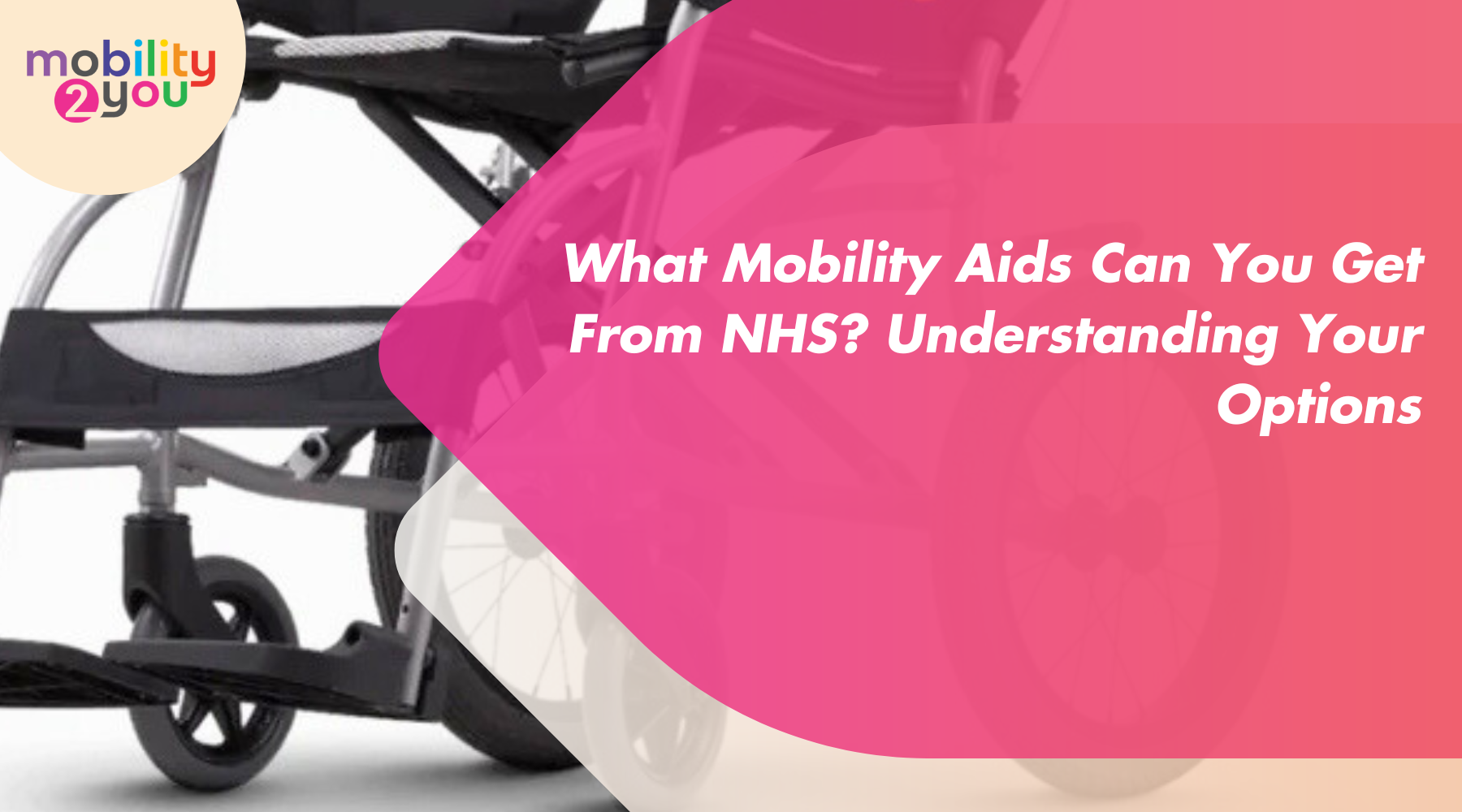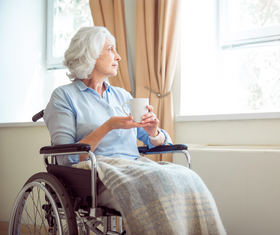
What Mobility Aids Can You Get From NHS? Understanding Your Options
If you or a loved one is dealing with limited mobility, knowing where to turn for support can make a huge difference. One of the most common questions we hear at Mobility 2You is: what mobility aids can you get from NHS? The good news is that the NHS offers a wide selection of essential equipment to help individuals maintain their independence and quality of life. This blog will guide you through the options available and how you can access them.
NHS Mobility Aids Guide
The NHS plays a vital role in providing mobility aids to people across the UK. These aids are typically issued after a clinical assessment and aim to support individuals with physical limitations due to age, injury, illness, or disability. From basic walking supports to more complex devices, the NHS offers practical solutions to help you stay mobile.
Types of Aids Available
So, exactly what mobility aids can you get from NHS? Here's a look at the common types of aids typically provided:
· Walking aids like walking sticks, crutches, and Zimmer frames
· Wheelchairs, both manual and occasionally powered (based on eligibility)
· Mobility scooters in some long-term care cases
· Bathroom aids such as raised toilet seats, bath lifts, and grab rails
· Bedroom aids, including bed rails and backrests
· Transfer aids like hoists and slide boards
These products aim to assist with daily activities, reduce the risk of falls, and promote independent living.
How to Get Mobility Aids
To access NHS mobility aids, start by speaking with your GP, physiotherapist, or occupational therapist. If they determine that you would benefit from a mobility aid, they will refer you for an assessment. Based on this evaluation, the appropriate equipment may be provided either on a temporary loan or long-term basis.
In some cases, especially with high-demand items like powered wheelchairs, there may be waiting lists. For quicker access or specialised products, many choose to purchase equipment privately through trusted retailers like Mobility 2You.
Benefits of NHS Support
The support provided by the NHS is incredibly valuable. Here’s why:
· Free of charge for those who qualify
· Clinically assessed, ensuring suitable aid for your condition
· Maintenance and servicing provided in some regions
· Medical-grade equipment, safe and approved for regular use
For many, NHS support offers a reliable starting point when mobility becomes a challenge.
Eligibility Criteria
To be eligible for mobility aids from the NHS, you typically must:
· Be registered with a UK-based GP
· Have a diagnosed health condition or mobility restriction
· Be referred by a healthcare professional
· Undergo an assessment by the NHS team
Eligibility guidelines may vary slightly by local authority, so always check with your local NHS Trust for the most accurate information.
Exploring Your Options
While NHS support is excellent, some people may want to explore additional options for convenience, comfort, or availability. At Mobility 2You, we provide a wide range of mobility products, including many not typically offered by the NHS. Whether you're looking for a specific brand, ergonomic design, or next-day delivery, we’ve got you covered.
Personalised Mobility Solutions
Every person’s mobility needs are unique, and while the NHS covers many essentials, personalised solutions can significantly improve your quality of life. At Mobility 2You, we take the time to understand your requirements and recommend the most suitable products — whether you're recovering from surgery, managing a chronic condition, or supporting a loved one.
Now that you understand what mobility aids you can get from NHS, you’re in a better position to take control of your mobility needs. From NHS-provided support to tailored solutions at Mobility 2You, there are plenty of ways to stay active, safe, and independent.



